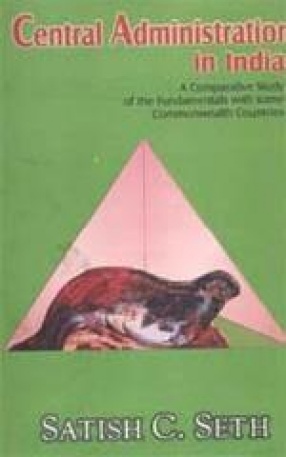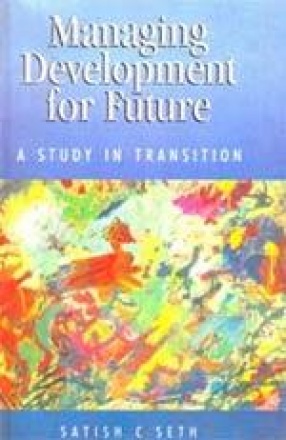The Central Administration in India is a product of history. The British began their political operations consequent to the territorial annexation and allied subjugation of the indigenous ruling authorities and demanded that the Crown be satisfied by the local governance for its actions in terms of accountability and probity. As India grew and got enfigured as a Jewel in the Crown of the British Empire, many administrative essentials based on the British governance in the United Kingdom were replicated in the Indian context. Identically, the same British practices of recruitment of Civil Services and its overseeing by the Governor-in-Council and subsequently by the Legislatures as they emerged in terms of time, became the law of the land in India and in the Dominions as well. Independent India thus inherited, as did many other Commonwealth countries, certain basics and fundamentals of administrative structure and of administrative practice integral to the colonial governance. This book closely examines what were those fundamentals and what were its variations in India, Australia, New Zealand and Canada from the prime practices in the U.K. In a sense thus, this book constitutes a, Period History. The imprint of the past can easily be seen even today with minor modification. For instance, if an official of the East India Company could not buy a horse without the knowledge and approval of the competent authority, today, the word, ‘horse’ stands replaced by the word, property, ‘mobile or otherwise’ in todays conduct rules of civil servants. If the political stance of the imperial era has had its tamp, the independent India has not been oblivious of modernisation of the administrative system. This book captures the first two decades of such changes. It indeed is an outstanding work of research and scholarship for the students and teachers, who are engaged in studying and teaching Public Administration in India and in the Commonwealth. Today’s India is committed to liberalisation, globalisation which, shorn of its political overtones demands a new Administrator, who should be an effective manager and a specialist to boot. The 21 century is an era of science and technology with its attendant impact on all systems, in particular, the ‘good governance’. This scholarly book offers reasonable guidelines so that in future the Indian administrative system, take rapid steps for and towards speedy socio-economic development.
Managing Development for Future: A Study in Transition and Change Management (In 2 Volumes)
This encyclopaedic book ...
$72.00
$80.00






There are no reviews yet.